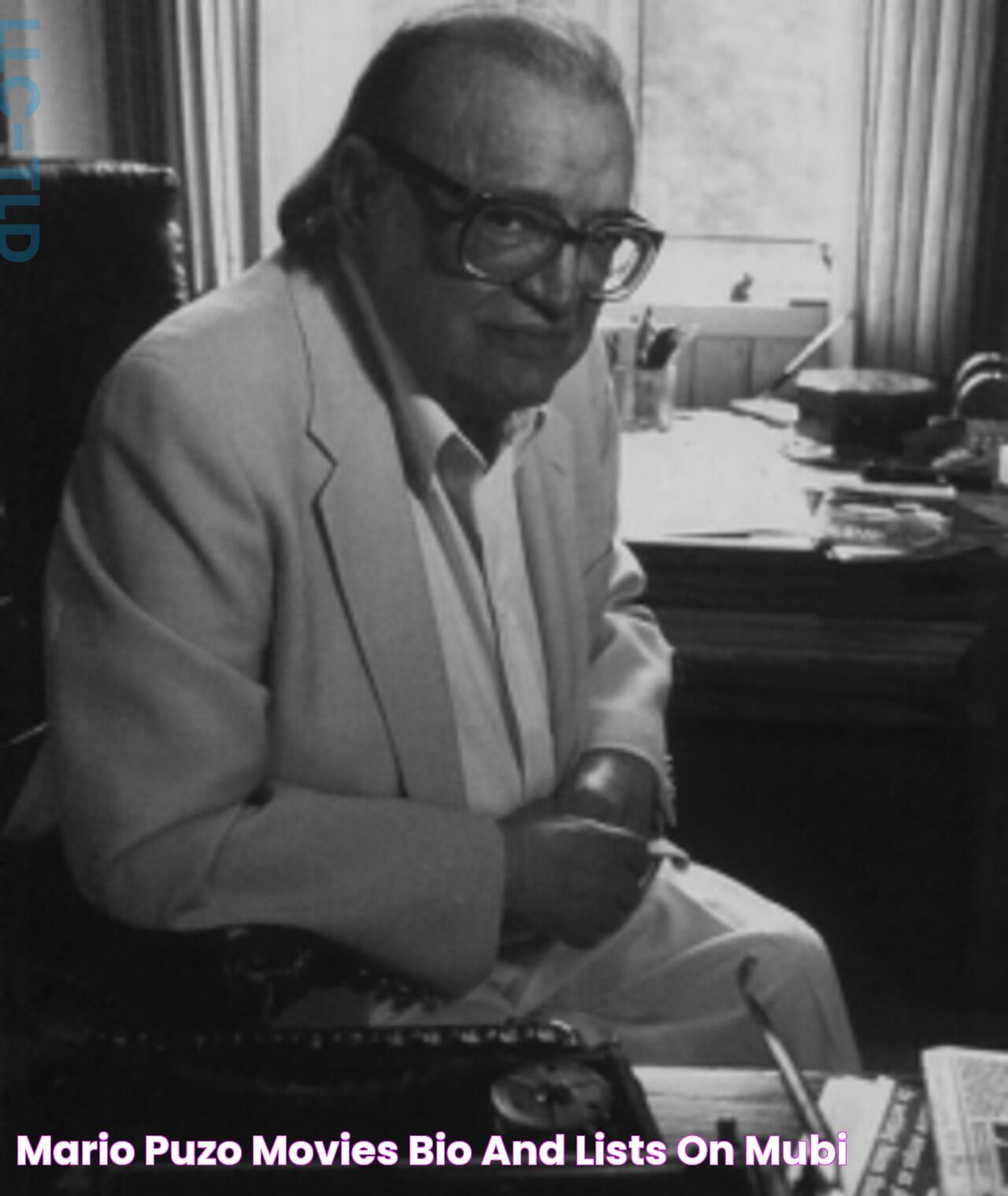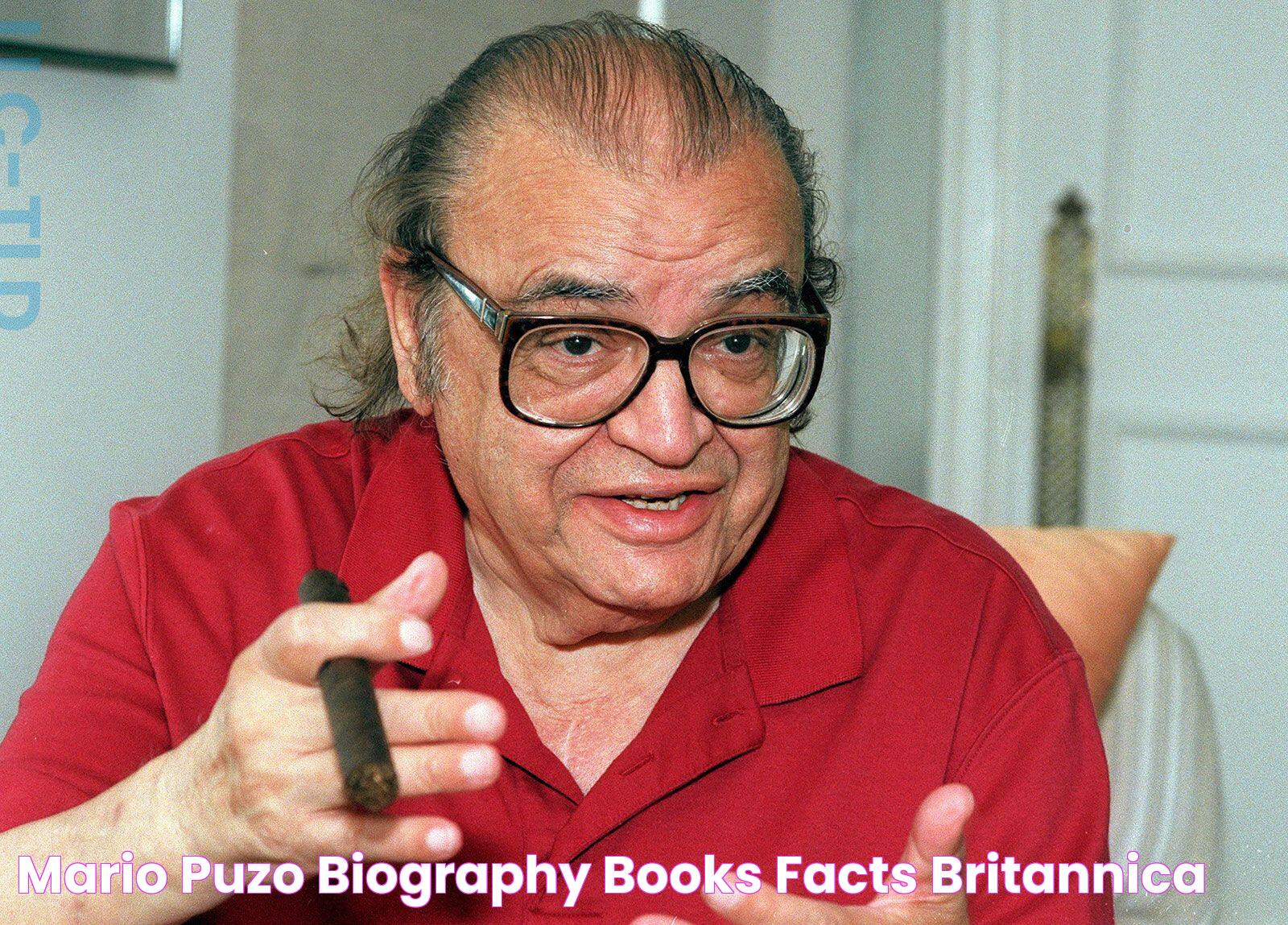Mario Puzo, an acclaimed novelist and screenwriter, is celebrated worldwide for his unparalleled ability to weave compelling narratives that delve into themes of power, family, and morality. His works have transcended the pages of his novels to become some of the most iconic films in cinematic history. The adaptations of his stories, particularly those centered around the intricate world of organized crime, have not only captivated audiences but also redefined storytelling in Hollywood. With a career spanning decades, Puzo’s contributions to cinema remain timeless.
Puzo didn’t just write stories; he crafted legacies. His masterpieces, such as "The Godfather" trilogy, have left an indelible mark on global culture, influencing filmmakers, authors, and even political discourse. These films, masterfully directed by Francis Ford Coppola, brought to life Puzo’s vivid characters and intricate plots, earning critical acclaim and numerous accolades. Beyond the cultural impact, Puzo’s works have set a benchmark for cinematic storytelling, blending drama, emotion, and realism in a way that few others have achieved.
In this article, we’ll dive deep into the life and works of Mario Puzo, exploring the man behind the masterpieces, the stories that captured the hearts of millions, and the enduring legacy of his films. From his humble beginnings to the global phenomenon of "The Godfather," we’ll uncover the magic that makes Mario Puzo’s films iconic adaptations and cinematic masterpieces. Let’s explore his biography, analyze his storytelling genius, and celebrate the timeless classics that continue to inspire generations.
Read also:Is The Beloved Dr Pol Still Alive And Thriving A Deep Dive Into His Life And Legacy
Table of Contents
- Biography of Mario Puzo
- What Inspired Mario Puzo to Write "The Godfather"?
- "The Godfather": A Cinematic Revolution
- How Did Mario Puzo Collaborate with Francis Ford Coppola?
- "The Godfather Part II": Expanding the Legacy
- "The Godfather Part III": A Controversial Conclusion
- Mario Puzo’s Other Notable Adaptations
- Did Mario Puzo Influence Modern Cinema?
- Mario Puzo’s Storytelling Techniques
- What Makes Mario Puzo’s Characters Memorable?
- Analyzing Themes in Mario Puzo’s Films
- Critical Acclaim and Awards for Mario Puzo’s Works
- Mario Puzo’s Impact on Pop Culture
- Frequently Asked Questions
- Conclusion
Biography of Mario Puzo
Mario Gianluigi Puzo was born on October 15, 1920, in New York City, into a family of Italian immigrants. Raised in the Hell’s Kitchen neighborhood of Manhattan, Puzo’s early life was marked by poverty and the struggles of immigrant life. Despite these challenges, he developed a keen interest in literature and storytelling, which would later shape his illustrious career.
He attended the City College of New York, where he studied literature and creative writing. During World War II, Puzo served in the U.S. Army Air Forces, an experience that broadened his horizons and introduced him to diverse cultures. After the war, he worked as a civil servant while pursuing his passion for writing. His early novels, such as "The Dark Arena" and "The Fortunate Pilgrim," received critical praise but lacked commercial success.
Mario Puzo's breakthrough came with the publication of "The Godfather" in 1969, a novel that became an instant bestseller. The book's success led to its adaptation into a film series, cementing Puzo’s status as a literary and cinematic icon. Over the years, Puzo continued to write novels and screenplays, leaving an enduring legacy in the world of storytelling. He passed away on July 2, 1999, but his works continue to resonate with audiences worldwide.
Personal Details
| Full Name | Mario Gianluigi Puzo |
|---|---|
| Date of Birth | October 15, 1920 |
| Place of Birth | New York City, USA |
| Nationality | American |
| Occupation | Novelist, Screenwriter |
| Notable Works | "The Godfather," "The Fortunate Pilgrim," "The Last Don" |
| Date of Death | July 2, 1999 |
What Inspired Mario Puzo to Write "The Godfather"?
The inspiration for "The Godfather" stemmed from Mario Puzo’s fascination with Italian-American culture and the dynamics of power within organized crime families. Though he had no personal ties to the mafia, Puzo extensively researched the subject, immersing himself in the world of crime syndicates and their codes of honor. His goal was to create a story that blended the brutal realities of crime with the deeply human elements of family and loyalty.
Puzo was also motivated by financial pressures. By the late 1960s, he was struggling to make ends meet, and he saw the potential for a mafia-themed novel to capture the public’s imagination. His intuition proved correct, as "The Godfather" became a cultural phenomenon, praised for its gripping narrative and complex characters.
"The Godfather": A Cinematic Revolution
"The Godfather," released in 1972, is widely regarded as one of the greatest films ever made. Directed by Francis Ford Coppola and co-written by Puzo, the film brought the Corleone family to life, captivating audiences with its impeccable storytelling, powerful performances, and stunning cinematography. Marlon Brando’s portrayal of Vito Corleone became iconic, earning him an Academy Award for Best Actor.
Read also:Pierce Brosnanrsquos Family Meet His Children A Closer Look At The Bond Starrsquos Personal Life
The film’s success was unprecedented, grossing over $240 million worldwide and winning three Academy Awards, including Best Picture. It redefined the gangster genre, portraying the mafia not as mere criminals but as complex individuals bound by their own moral codes and familial ties. The film’s themes of power, loyalty, and betrayal continue to resonate, making "The Godfather" a timeless masterpiece.
How Did Mario Puzo Collaborate with Francis Ford Coppola?
The collaboration between Mario Puzo and Francis Ford Coppola was a match made in cinematic heaven. Despite initial tensions, the two quickly developed a mutual respect for each other’s talents. Puzo’s deep understanding of the characters and storyline, combined with Coppola’s visionary direction, resulted in a film that was both faithful to the novel and innovative in its execution.
Their collaboration extended beyond "The Godfather," as they worked together on its sequels, ensuring that the Corleone saga remained cohesive and compelling. Their partnership is often cited as a prime example of how a writer and director can work together to create something truly extraordinary.

